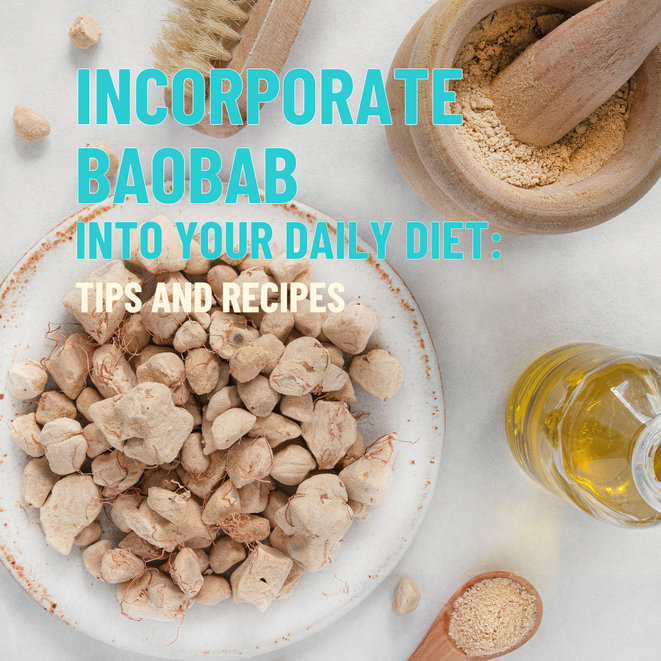Bloating Survival Tips for 2025
Bloating symptoms include cramping, burping, diarrhoea, constipation, swelling, and gas. Not only uncomfortable (if not painful!), but it also indicates a wider issue with gut and digestive tract imbalance. Nearly 1 in 4 people struggle with bloating. Both an inconvenient and common issue, here's a list of bloating causes and remedies to get your gut and digestion in tip-top shape in 2025!
Bloating Causes
- Eating behaviours: Gas and constipation can get trapped in the stomach through the swallowing of air- due to overeating, chewing gum, gulping and over-sipping foods and drinks
- Bacterial fermentation: Complex carbohydrates often go undigested when the right enzymes to synthesize them aren’t found in the diet (and the colon). Lactose, sweeteners, carbonated drinks, and fried, oily, and fatty foods tend to be culprits in upsetting the delicate microbiome of the small intestine. These can cause discomfort, gas and diarrhea - bloating!
- Inactivity: Lack of movement can cause increasing flatulence while decreasing stool frequency, upsetting the gastrointestinal system
- Stress: Stress may increase bloating (and vice versa)
 Natural Bloating Remedies
Natural Bloating Remedies
While avoiding certain foods and habits is a good starting place, incorporating new foods and habits to achieve diversity, balance and wellness is important for sustained gut wellbeing.
New Year, New Gut, New You!
- Eating: Eat less, more often, in smaller, slower bites to avoid too much air from trapping in the colon or small bowel
- Exercise: Counter bloating by increasing movement- going for walks or doing yoga. Abdominal massages and breathing exercises may reduce stress and GI tract and abdominal wall reflex abnormalities, promoting digestion. And sit up straight!

- Diet: Eat less fried, fatty foods. Avoid ‘low-carb’ and ‘sugar-free’ options- these tend to contain ‘sugar alcohols’ such as sorbitol, mannitol, and maltitol, all of which may bloat. Avoid lactose if intolerant. Stay hydrated!
- Tea: Green and black tea have both been associated with improved digestion
- Magnesium: An ‘osmotic laxative’ - it softens the stool and has been linked to lower levels of constipation and bloating
- Fibre: Including more fibre in your diet can improve your ability to digest as well as improve gut bacteria diversity. Note that too much fibre can have the opposite effect than intended
- Baobab: Prebiotic ‘superfood’ due to its high fibre content, it feeds the probiotics, or the ‘good’ bacteria of the gut, improving digestion and reducing bloating
- Turmeric: Turmeric has long been used as a natural medicine for bloating and bacterial infection due to its antioxidant and anti-inflammatory compound ‘curcumin’. This stimulates bile production (which breaks down fat for digestion in your digestive tract) and gives turmeric its distinctive yellow hue. One study notes turmeric as significantly reducing symptoms of IBS (Irritable Bowel Syndrome) within 4 weeks of regular intake in the diet.

How to Use Turmeric for Bloating
- Consume raw: Cooking turmeric may lower its antioxidant potential, so consume it raw for maximum effectiveness.
- Improve absorption by consuming with a meal, especially oily or fat-rich foods.
- Try with black pepper! This has been linked to slower absorption.
- Combine with other bloating remedies e.g. improving eating habits for maximum efficiency.
- Turmeric tea, milk, or supplements - especially curcumin-enriched.
- UNROOTED’s Punchy Turmeric: We've blended turmeric with orange, carrot, ginger, black pepper and baobab to create a delicious shot that's high in fibre, vitamin C, antioxidants and anti-inflammatories to support your gut health and immune system - and give you a boost of natural energy!
Check out our dosing bottle here and our Good Gut bundle here



